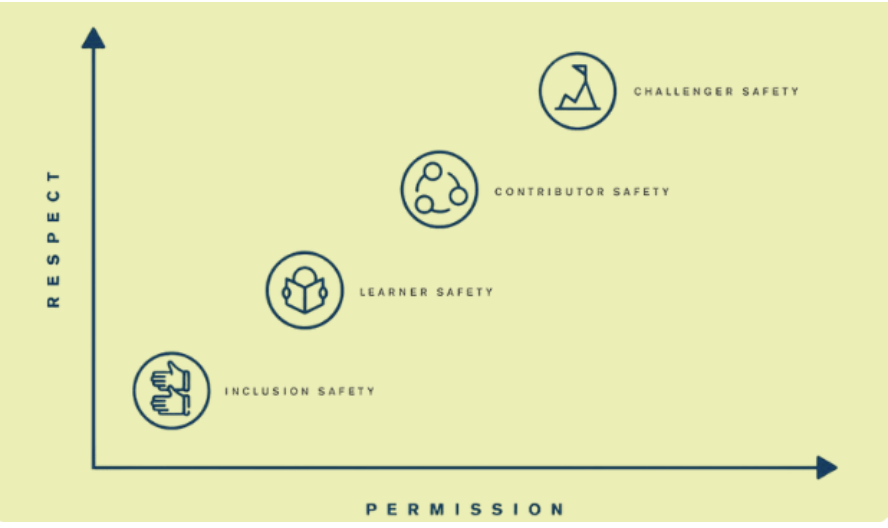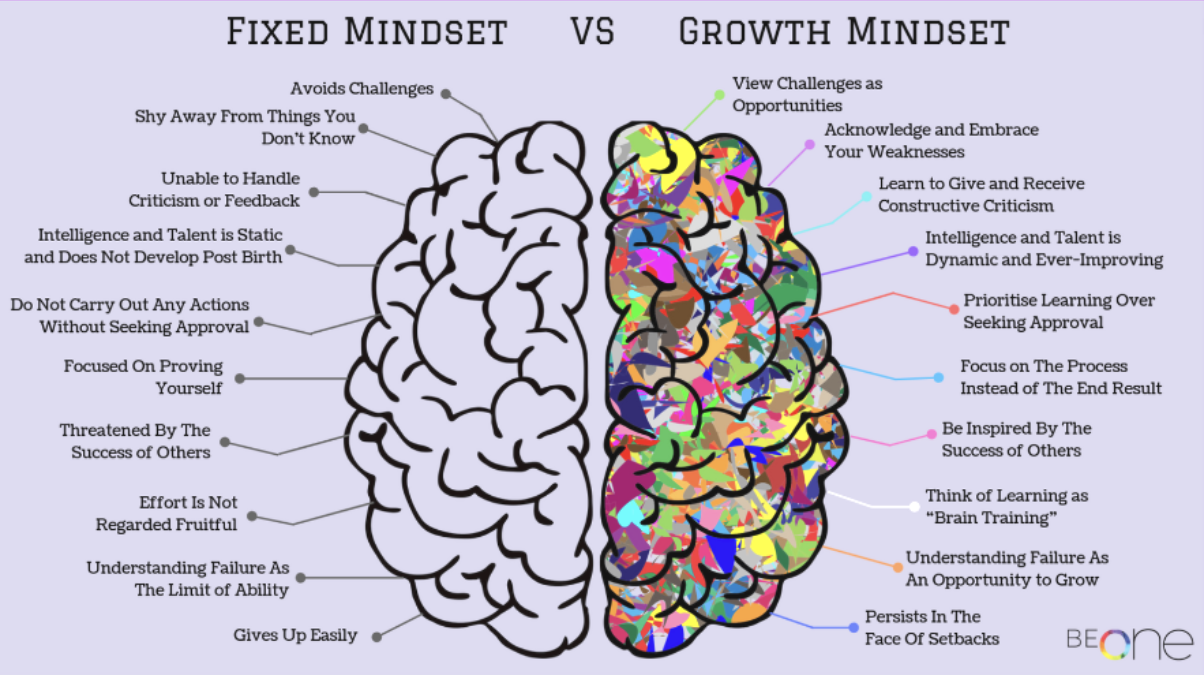
In this month’s Expert Speaker Series for our Mintable Managers we talked about building connection and driving wellbeing with Roberto Martinez, Human Resources Business Partner at Etsy and formerly Director of diversity and inclusion at Rhino.
In this interactive session, Roberto walked our managers through defining and creating psychological safety, promoting an attitude of gratitude, how to demonstrate recognition and to advocate for well being by focusing on self-care.
While nothing compares to the live session, this recap will undoubtedly offer up invaluable tools for any manager’s journey. Read on!
Defining and creating psychological safety
We often hear the term “psychological safety” bandied about – but what does it actually mean and how can managers create this for their teams?
Google conducted a two-year long study into team performance and one thing that all high-performing teams have in common is psychological safety. This is defined as the reassurance that everyone can speak up openly and won’t be punished for making mistakes, but instead mistakes will be seen as an opportunity for learning.
So now that we know what it is, how do we create it?
Dr. Timothy Clark has helpfully broken down the 4 stages of psychological safety as follows:
- Inclusion safety: The team accepts the new person and considers them a part of, of team identity.
- Learner safety: People feel safe to engage in the discovery process, ask questions, experiment, and even sometimes make mistakes.
- Contributor safety: One can participate as an active and fully fledged member of a team. In other words, contributor safety is an invitation for a person to fully participate in their assigned role as defined and trained during the learning phase.
- Challenger safety: This is the highest level of psychological safety because it allows team members to challenge the status quo without fear of retribution or, or anything of that nature.

Practical ways for managers to create psychological safety in their teams include:
- Showing your team you’re engaged
- Avoiding blaming to build trust
- Being self-aware – and asking the same from your team
- Nipping negativity in the bud
- Including your team in decision making
- Being open to and ask for feedback
- Championing your team – after all, you’re meant to be their head cheerleader!
Finally, be intentional about connecting with your team by creating moments to connect. This could look like sharing interesting or relevant articles, podcasts, books or music, a non-work related meal or an offer of support to make someone’s day easier.
Promote an attitude of gratitude
Gratitude keeps us healthier and happier. It quite literally increases wellness, sleep habits, metabolism and lessens stress. All of these things impact work results and employee interactions. As a manager, the more you exhibit gratitude, the more ingrained it becomes in your workplace culture.
Carol Dweck, Stanford professor and American Psychologist in her book Mindset: The Psychology of Success, discusses Fixed and Growth Mindsets:

According to Roberto, the main takeaway from the book is that managers must praise effort, not intelligence. Praising intelligence results ina fixed minset because it makes the individual always want to protect this image to generate the same praise. It might seem counterintuitive but praising intelligence instead of effort actually limits psychological safety.
Demonstrate recognition
Hard work that goes unrewarded or unrecognized can be super deflating and contribute to a lack of psychological safety. Great managers intentionally make space for their teams to recognize each other’s efforts. They do this by:
- Creating a team norm once a week where you give each other praise
- Paying attention to each others’ achievements and remarking on them
- Setting up a end-of-week ritual for the team to connect, see, and recognize each other
- Use emoji reaction features on Slack when good news is delivered
Advocate for well-being by focusing on self-care
Managers are responsible for a lot of human energy, including their own! Creating a psychologically safe space and managing people can cause burnout. Be mindful and lead by example on this front.
Too many people criticize themselves for every little mistake and “suboptimal decision” made in the pursuit of perfection. A few ways for managers to avoid this over-think and create a positive outlook are:
- Train your brain to be positive by developing new habits
- Make an effort to have positive conversations
- Believe you will succeed but dont assume the road will be easy.
Finally, never forget that a little physical activity goes a long way: meditate, get out for a stroll or bust out a workout.
A huge thank you from The Mintable to Roberto Martinez for these incredibly valuable insights, and to our Mintable Managers who joined us for the session and asked the important questions.
Are you an individual manager and want to see how The Mintable can give you the training, tools, and community to succeed? Learn more and join us here.
Are you a founder or HR/People leader and would like to explore how The Mintable can help the managers in your organization thrive? Get your free demo here.